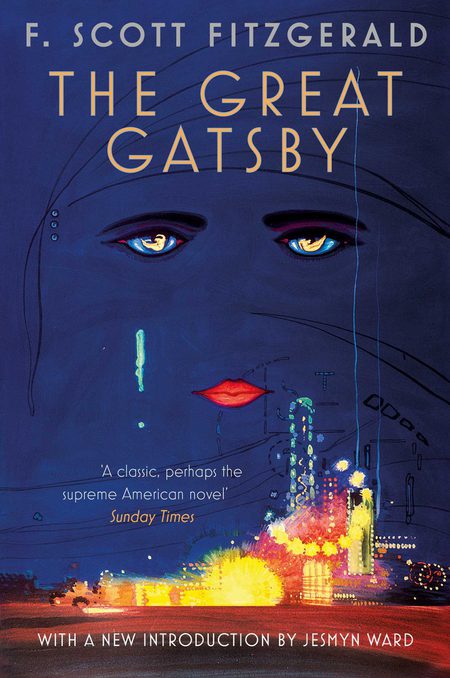By Nia Mwangi, Staff
Books have been a popular form of insight and entertainment for centuries. Some books can have positive effects on people and give knowledge about the world, but others may have controversial topics or themes that make people question whether they should be in libraries or taught in schools. In the late 1900s, books started to be censored across the nation, which is when Banned Book Week began.
Banned Book Week is an annual event in the last week of September, which made it from September 22nd through September 28th this year. The Week calls attention to current and previous attempts to censor books in libraries and schools. Books that have been censored in the past range from children’s books like Charlotte’s Web by E. B. Web to more mature books like The Great Gatsby by F. Scott Fitzgerald. The English Book Club at �鶹��Ƶ decided to promote this week.
The sponsor of the club, Dr. Jacky Dumas, floated the idea to the club’s leaders this past May. They choose books that were mostly taught in classes that have at one time been banned, either nationally or by local organizations, in order to show people how surprising some of the bans can be. The club set up tables in front of Bawcom, Kings Street, and Townsend Memorial Library and passed out stickers saying “I’m With The Banned”. They also had a QR code set up that gave more information about when various books were banned and the reason they were banned.
They particularly focused on the top 10 all time banned books. “The goal of the English club is to raise literacy and spread the love of literature in the community,” Dumas said. “So this was a good opportunity for us to do some type of activism and just give awareness to Banned Book Week.”
From 6 to 8 p.m. on October 1st, the English Club held their annual Fall Book Club at Lord Conference Center inside Parker Academic Center. In order to still celebrate Banned Book Week, they talked about The Giver by Lois Lowry: a book that has been banned on and off in California, Montana, Ohio, Florida, and Colorado from 1995 through 2001 according to the Banned Books Project at Carnegie Mellon University


